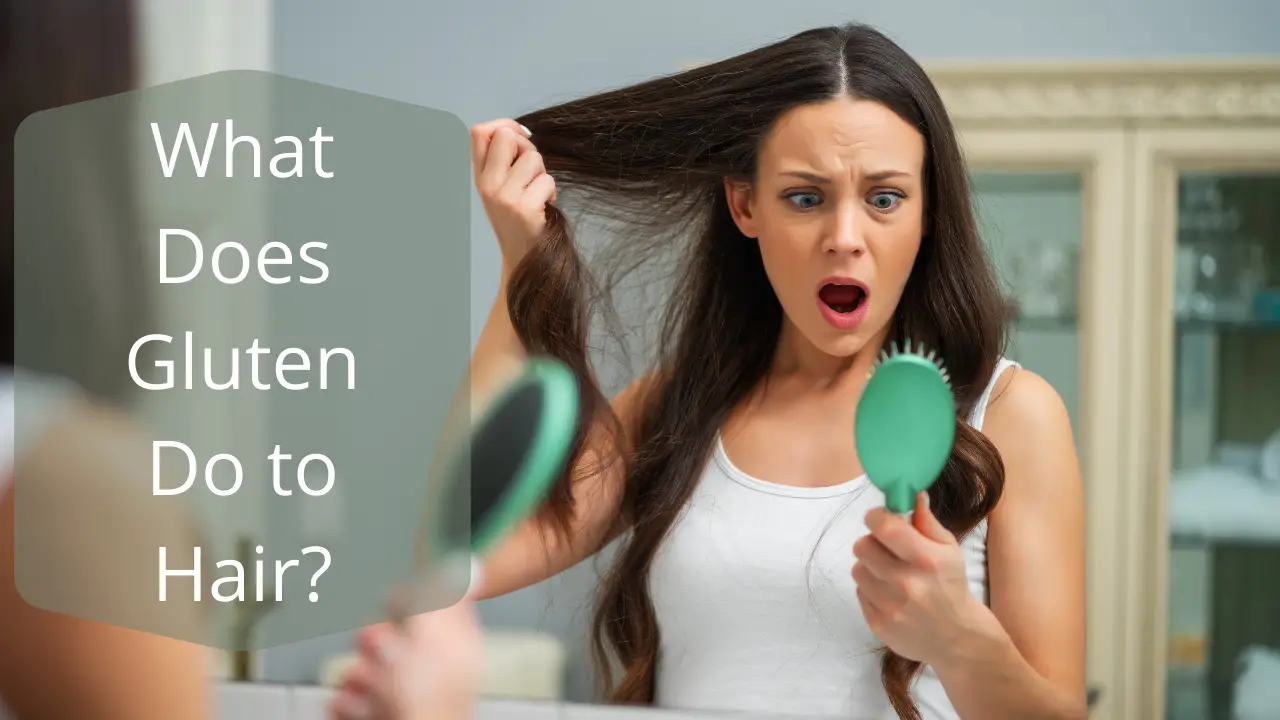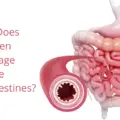For celiacs and gluten-sensitive patients, the effects of gluten intake don't end at digestive symptoms. Once gluten takes a complete toll on your body, many side effects come with it.
For example, if you're experiencing hair loss, dry hair, etc., the problem may be gluten. So before you start throwing out every product of your hair care routine, look at your diet first.
Celiacs are more vulnerable to hair issues due to gluten, but gluten-sensitive patients experience it too. So if you're wondering what strictly gluten does to your hair, here's everything you need to know.
Gluten and Celiac Disease
Wheat, barley, and rye contain a protein called gluten. Gluten acts like any other protein for a healthy person and helps the body perform its normal functions properly. But for some people, gluten does more harm than good.
Whenever these people eat gluten, their immune system misinterprets it as a harmful foreign particle and produces abundant antibodies. These antibodies try to attack gluten, but in doing so, they end up destroying the lining of the small intestine. It keeps happening for as long as these people eat gluten.
With every meal that contains gluten, the condition of the small intestine worsens. As a result, these people suffer from various gastrointestinal symptoms such as abdominal cramps, pain, constipation, stomach bloating, and diarrhea.
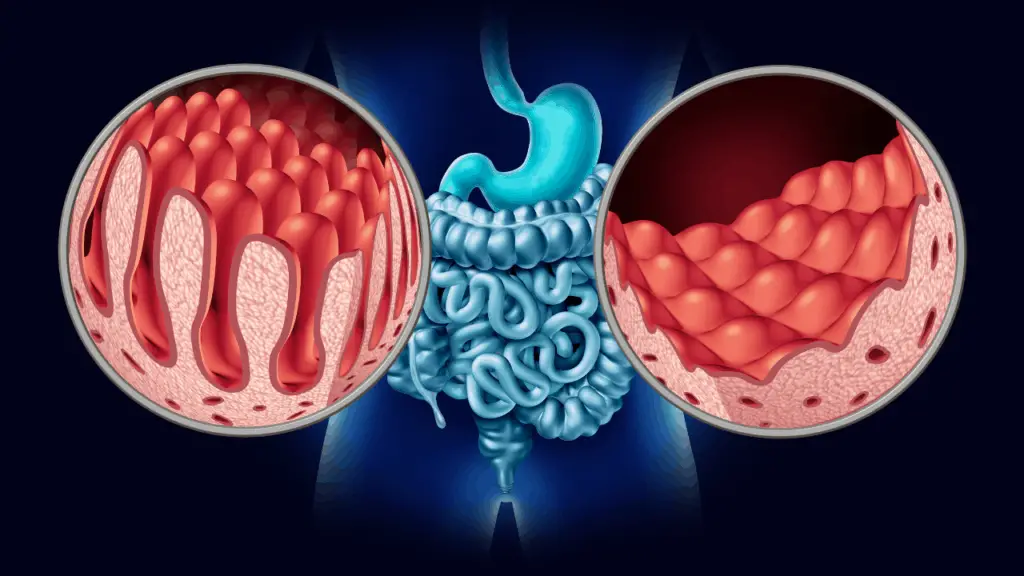
Sometimes, these people also suffer from seemingly unrelated symptoms such as anemia, yeast infections, and dark circles around the eyes. The condition that these people suffer from is called celiac disease.
It is an example of an autoimmune disorder. In this condition, the immune system of the body starts to harm its tissues and organs accidentally. Therefore, the symptoms of a celiac patient don't get better, and instead, become even worse upon eating gluten.
The treatment available is eating a gluten-free diet. If your meal contains higher than 20ppm of gluten, then it will be dangerous. So, dietitians and health experts grouped all such food items with less than 20ppm of gluten together. Collectively, it is called a gluten-free diet.
It is known that whole foods are naturally gluten-free, which includes fruits, vegetables, and meat. But with the increased prevalence of celiac disease, many people have even made gluten-free recipes of otherwise gluten-containing dishes. So, if you're a celiac patient and don't want your symptoms to flare up, you'll have to follow a gluten-free diet.
Anatomy of Hair
Although it is possible to survive without hair, many would rather not have that happen.
Hair is made up of a protein called keratin. It has a relatively simple structure. The visible part of the hair is called the hair shaft. It penetrates the skin, where a hair follicle anchors it.
There is a hair bulb present at the base of a hair follicle. The cells within the hair shaft are dead, but those within the bulb are alive and divide continuously. Due to this, the hair grows in length. Each person's hair has a different growth rate, but on average, each person's hair grows about half an inch per month.

After actively dividing for a few years, the hair enters a dormant phase where it doesn't divide. Then, the hair slowly detaches from the follicle, from which a new hair grows. In return, this pushes the old hair out so that new hair can grow in its place.
Next, specific pigment cells give the hair its color by producing melanin. These pigment cells die with age, which is why the hair slowly becomes grey.
Finally, an oil gland opens into the hair follicle, where it releases its secretions to give the hair the characteristic oily texture. Fingertips, palms, and soles of the feet are those few places where hair can't grow.
Gluten and Hair Loss
It is hard to believe that eating wheat, barley, or rye is the reason why you're losing hair. But if you're undiagnosed and start losing hair, now's the time to get tested for celiac disease.
Scientists and medical experts looked into this matter more closely and found out that eating gluten can cause hair loss. It could be one of the most unexpected correlations, but gluten can affect hair growth. It can happen to a celiac patient due to either of these three reasons.
Vitamin and Mineral Deficiency
A person's small intestine is the primary organ for the absorption of nutrients present in a meal. After a celiac patient eats gluten in a meal, their immune system responds in a violent, harmful reaction.
The antibodies produced start to destroy the small intestinal lining. If this lining is damaged, it will lower the rate of normal absorption. Consequently, the bloodstream will properly absorb only a few nutrients. The rest is excreted out of the body as waste.
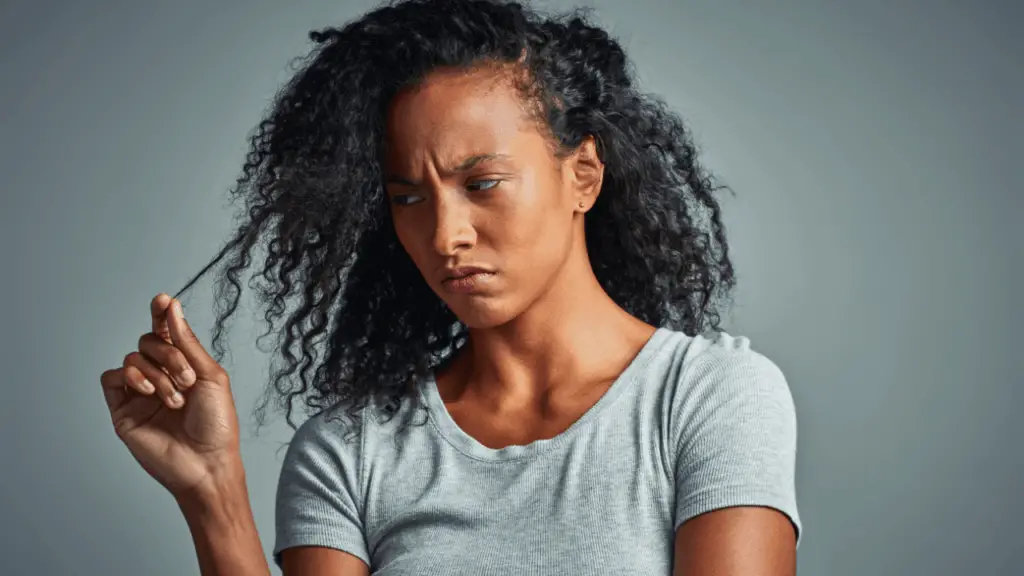
For this reason, the condition of an undiagnosed celiac patient keeps getting worse as they don't follow the necessary precautions. In addition, the more a patient eats gluten, the more the lining of the small intestine is damaged.
Eventually, the number of vital nutrients wasted keeps adding until the body suffers from a particular deficiency disease. Hence, a celiac patient might suffer from hair loss as well.
What Types of Vitamins Do You Need For Hair Growth?
Many vitamins and minerals are essential for the proper growth of hair. For instance, vitamin C is a crucial ingredient for hair growth. Similarly, vitamin D is of paramount importance in the promotion of differentiation among hair follicles.
Vitamin B complex stimulates the production of hair follicles, rebuilds them, and increases the rate of pigment production. The bacteria in your gut is what produces Vitamin B7. So when the small intestinal lining is damaged, these bacteria are also killed.

As a result, it can result in vitamin B7 deficiency, the primary symptom like brittle nails and hair loss. Many minerals, such as zinc, iron, selenium, and copper, also aid normal hair health and production.
According to a study conducted in 2007, silicon was found to increase hair strength and elasticity. However, these vitamins and minerals are sometimes not absorbed in the required amounts due to the damaged small intestinal lining.
If this happens, it will lead to hair loss due to vitamin and mineral deficiency. It's one way of how gluten can damage your hair.
Alopecia Areata
We have discussed what an autoimmune disorder is. We also know what a hair follicle is. If we connect these two dots, we get Alopecia Areata. It is an autoimmune disorder in which the antibodies produced by the sensitive immune system attack the hair follicles. The result is gradual loss of hair on the head, which can spread to the whole body. This condition is called Alopecia Universalis.
It is known that hair loss can vary from person to person, although it affects both genders equally. The pattern of hair loss also differs among individuals. Some people lose hair permanently, while others can have their hair back after a while. A few may experience a continuous cycle of hair loss and regrowth. More than 5 million people in the US suffer from this disorder.
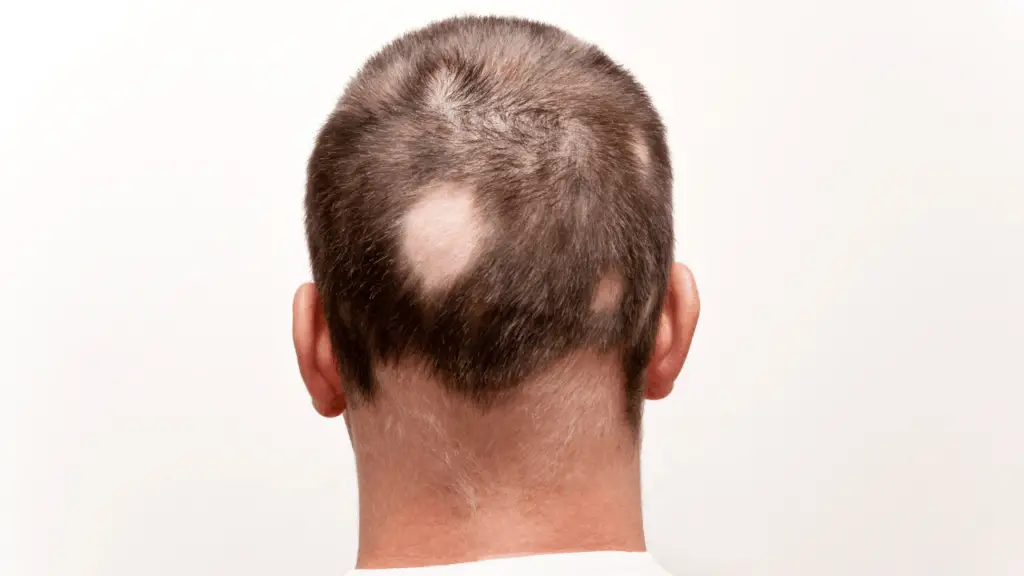
There's a link between Alopecia Areata and celiac disease. In 2014, a study was published in the Indian Journal of Dermatology. The researchers involved in the study observed a high rate of occurrence of celiac disease among children with Alopecia Areata. The prevalence was too high to be considered just a coincidence or luck.
Ultimately, it led to further research, which confirmed the increased chances of celiac disease in a patient with Alopecia Areata. Sometimes, celiac patients only exhibit the symptoms of Alopecia Areata, i.e., hair loss. Such a case is called “silent celiac disease.” It's another theory of how eating gluten can lead to hair loss due to Alopecia Areata.
Hashimoto's Thyroiditis
If your hair loss isn't because of age, deficiency, or Alopecia Areata, you might want to get your thyroid checked. Hashimoto's Thyroiditis is also an autoimmune disorder. The thyroid of the patients suffering from this disease becomes subject to constant attack by antibodies produced by the immune system.
As a result, the thyroid does not secrete enough thyroid hormone. This condition is called autoimmune-related hypothyroidism, and almost 20 million American citizens suffer from it.
There are various symptoms of this disorder, such as weight gain, fatigue, joint pain, constipation, and dry skin. Consequently, one of the most common symptoms is hair loss.
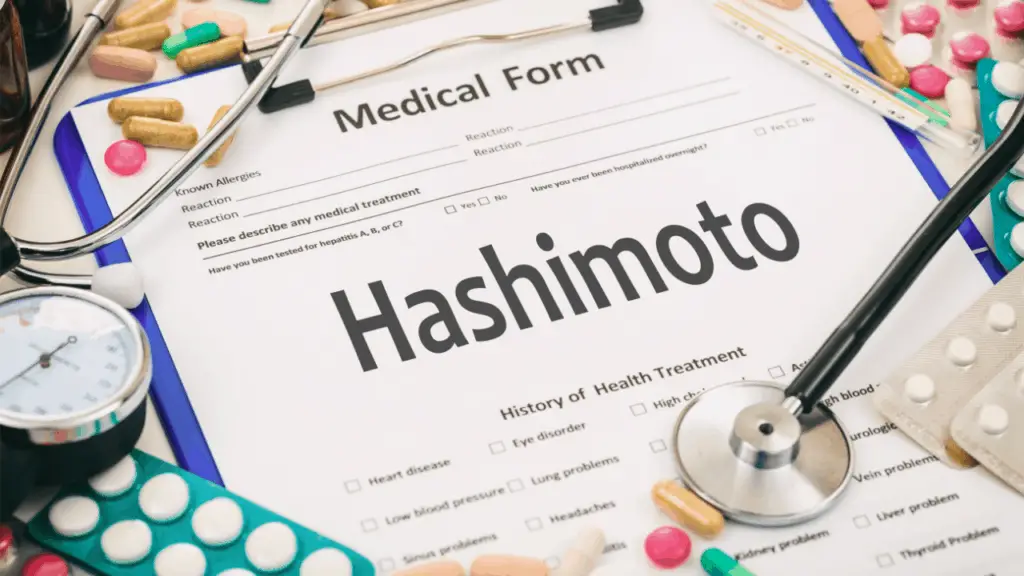
Like Alopecia Areata, there's also a connection between Hashimoto's Thyroiditis and celiac disease. In 2013, a study was conducted, and the results were published in the Archives of Internal Medicine.
In this research, almost 50 percent of the celiac patients that took part in the study also suffered from Hashimoto's Thyroiditis. Another study was conducted in 2008 in which 14,021 subjects were tested. The results were published in the Journal of Clinical Endocrinology and Metabolism.
Afterward, it was concluded that the two conditions have a connection. Or that Hashimoto's Thyroiditis and, consequently, hair loss is also a symptom of celiac disease. Doctors will recommend that patients with thyroid issues get screened for celiac disease due to this reason.
What's the Treatment?
Celiac disease is one of those few ailments that doesn't have a proper treatment yet. The only available treatment of celiac disease is strictly following a gluten-free diet. This diet is also the treatment of hair loss due to eating gluten.
If you're an undiagnosed celiac patient, your small intestine will suffer a lot of damage every time you eat gluten. And, it will continue to happen for as long as you eat gluten. Although, once you get screened and diagnosed and stop eating gluten, your small intestinal lining will start to heal.

It takes almost 3-4 months for the small intestine to recover after a celiac patient stops eating gluten altogether. After being healed completely, the small intestine starts absorbing all the nutrients adequately once again.
Thus, it relieves the patients of the symptoms of vitamin and mineral deficiencies. Vitamin C, B complex, D, iron, copper, selenium, and the rest of the vitamins and minerals are available for normal hair regrowth. These are the nutrients required to put a stop to hair loss.
Can Eating a Gluten-Free Diet Help?
When a patient with Alopecia Areata started following a strict gluten-free diet, hair began to regrow in the affected areas. In a study, several patients were asked to eat gluten-free meals. Their Alopecia disappeared for as long as they followed a gluten-free diet.
However, when they reintroduced gluten for a prolonged period, the symptoms started to reappear. So, going gluten-free can help treat the hair loss of an Alopecia Areata patient due to eating gluten.

In addition to treatment, a gluten-free diet is also a great way of preventing the symptoms from reappearing. Hair loss is a symptom of Hashimoto's Thyroiditis, but a gluten-free diet can help the hair regrow.
It's because the antibodies attacking the thyroid are no longer produced while taking thyroid supplements helps bring the hormones back in balance.
Conclusion
Gluten intake, even accidental consumption, can take a heavy toll on your body with various health issues. But, as they say, it's better to be safe than sorry.
So, we recommend going to a doctor if you're experiencing symptoms that could be related to gluten intolerance. If it turns out that gluten is your enemy, shift to a gluten-free lifestyle.
Then, you'll be thanking yourself for making the decision and living a healthy and happy life.


